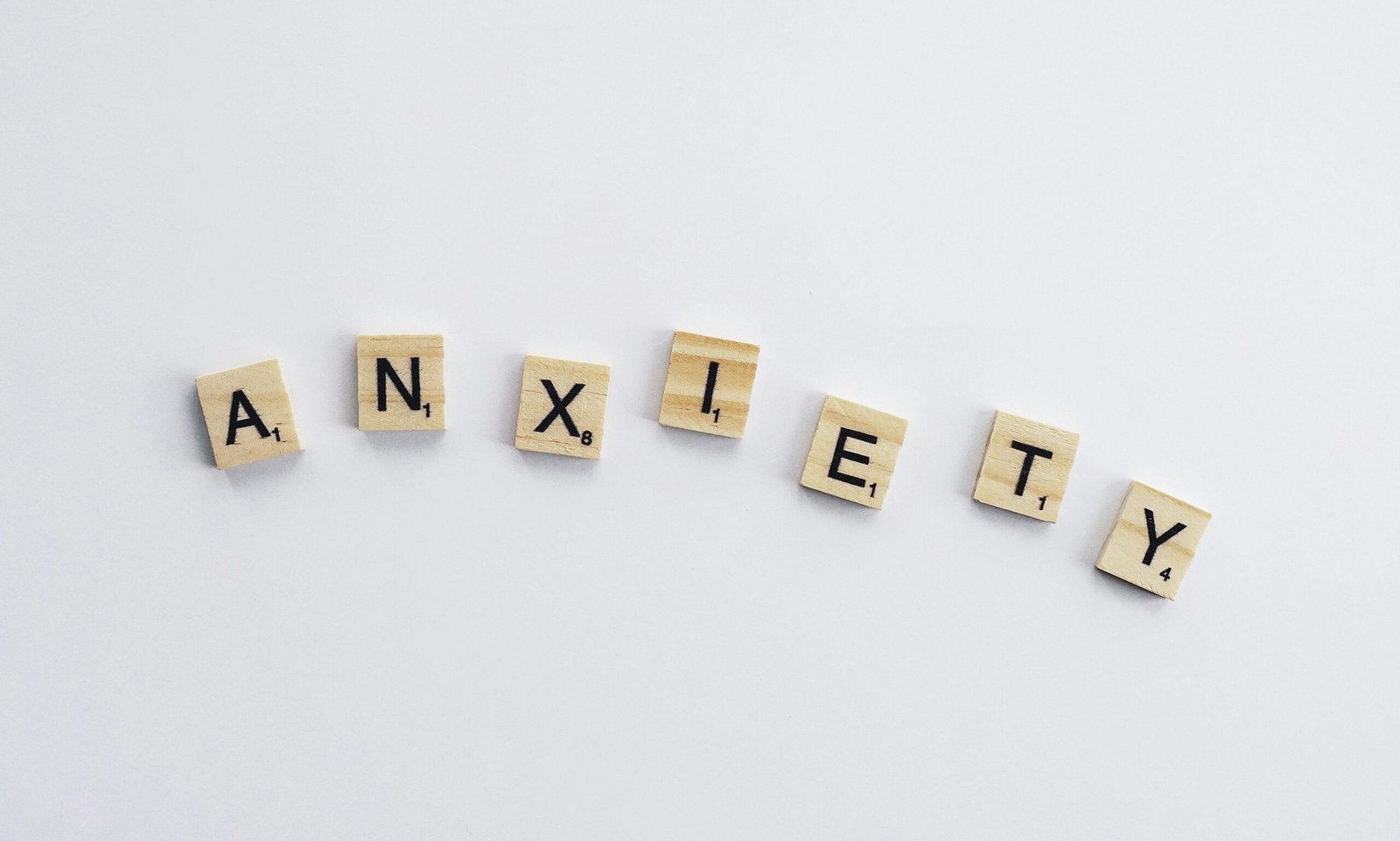Effective Strategies for Managing and Reducing Anxiety
Anxiety is a widespread mental health issue that impacts millions of individuals globally.
It can manifest in various forms, ranging from mild unease to severe panic attacks, and can significantly impact daily functioning and overall well-being. While it’s normal to experience occasional anxiety in response to stressful situations, chronic or excessive anxiety can interfere with one’s ability to lead a fulfilling life. Fortunately, there are numerous evidence-based strategies and techniques that individuals can employ to manage and reduce anxiety effectively.
Understanding Anxiety
Before exploring strategies for managing anxiety, it’s crucial to have a clear understanding of what anxiety is and how it affects individuals. Anxiety is a natural response to stress or perceived threats, activating the body’s fight-or-flight response to prepare for danger. However, when anxiety becomes chronic or disproportionate to the situation, it can lead to significant distress and impairment in various areas of life.
Types of Anxiety Disorders
Anxiety disorders encompass a wide range of conditions, each with its own set of symptoms and triggers. Generalized Anxiety Disorder (GAD) involves persistent and excessive worry about various aspects of life, while Panic Disorder is characterized by sudden and intense episodes of fear or panic. Social Anxiety Disorder involves a fear of social situations and interactions, while Specific Phobias involve irrational fears of specific objects or situations. Understanding the specific type of anxiety disorder one is experiencing is essential for developing an effective treatment plan.
Symptoms of Anxiety
Numerous physical, emotional, and behavioral signs are indicative of anxiety.
Physical symptoms may include rapid heartbeat, sweating, trembling, muscle tension, and gastrointestinal disturbances. Emotionally, anxiety can lead to feelings of apprehension, restlessness, irritability, and difficulty concentrating. Behavioral symptoms may include avoidance of certain situations or activities due to fear or worry. Recognizing these symptoms is the first step in effectively managing anxiety.
Strategies for Managing Anxiety
- Deep Breathing Exercises
Deep breathing exercises are a simple yet powerful technique for reducing anxiety and promoting relaxation. By focusing on slow, deep breaths, individuals can activate the body’s relaxation response, which counteracts the physiological effects of anxiety. Diaphragmatic breathing, also known as belly breathing, involves inhaling deeply through the nose, filling the lungs with air, and exhaling slowly through the mouth.
- Mindfulness Meditation
Mindfulness meditation involves bringing attention to the present moment without judgment. By cultivating mindfulness, individuals can learn to observe their thoughts and emotions without becoming overwhelmed by them. Regular meditation practice has been shown to reduce anxiety symptoms and promote overall well-being. Mindfulness can be practiced formally through seated meditation or informally by bringing awareness to everyday activities.
- Progressive Muscle Relaxation (PMR)
Tensing and then relaxing various bodily muscular groups is a technique known as progressive muscle relaxation.By systematically releasing tension, PMR can help reduce physical symptoms of anxiety and promote relaxation. Practice PMR regularly to enhance body awareness and reduce stress levels.
- Cognitive-Behavioral Therapy (CBT)
Cognitive-behavioral therapy is a highly effective form of psychotherapy for treating anxiety disorders. CBT helps individuals identify and challenge negative thought patterns and behaviors associated with anxiety. Through CBT, individuals learn coping skills and strategies to manage anxiety more effectively. Working with a qualified therapist can provide personalized guidance and support in overcoming anxiety.
- Exercise Regularly
Regular physical activity has numerous benefits for mental health, including reducing anxiety and stress. Engage in activities you enjoy, such as walking, running, swimming, or yoga. Exercise helps release endorphins, which are natural mood lifters, and promotes relaxation by reducing muscle tension. On most days of the week, try to get in at least 30 minutes of moderate-intensity exercise.
- Maintain a Healthy Lifestyle
Eating a balanced diet, getting adequate sleep, and avoiding excessive caffeine and alcohol can support overall well-being and help reduce anxiety. Make self-care activities that feed your body and mind a priority. Some examples of these activities include practicing relaxation techniques, engaging in hobbies, and spending time with loved ones. Establishing a regular sleep schedule and avoiding stimulants close to bedtime can improve sleep quality and reduce anxiety symptoms.
- Limit Exposure to Triggers
Identify triggers that exacerbate your anxiety and take steps to minimize exposure to them when possible. This may involve setting boundaries, practicing assertiveness, or avoiding certain situations or environments that provoke anxiety. Learning to manage triggers can empower you to feel more in control of your anxiety. Keep a journal to track your triggers and responses, allowing you to develop personalized coping strategies.
- Seek Support
Never be afraid to ask friends, family, or mental health experts for help.Talking about your feelings and experiences can provide validation and perspective, reducing feelings of isolation and stigma. Surround yourself with a supportive network of individuals who understand and accept you. Support groups and online forums can also provide a sense of community and connection for individuals struggling with anxiety.
Managing anxiety is a multifaceted process that requires patience, persistence, and self-compassion. By incorporating a combination of relaxation techniques, cognitive-behavioral strategies, healthy lifestyle habits, and social support, individuals can effectively reduce anxiety and improve their overall quality of life. Remember that everyone’s journey with anxiety is unique, and it’s essential to find what works best for you. With dedication and effort, it is possible to regain control over anxiety and live a fulfilling life.




